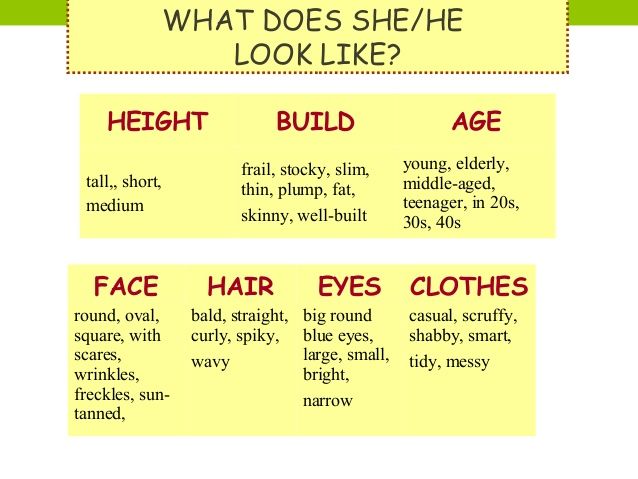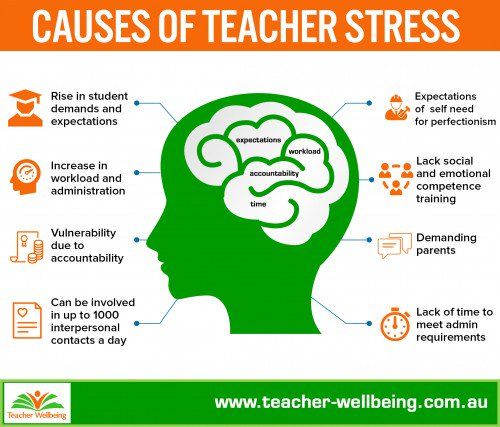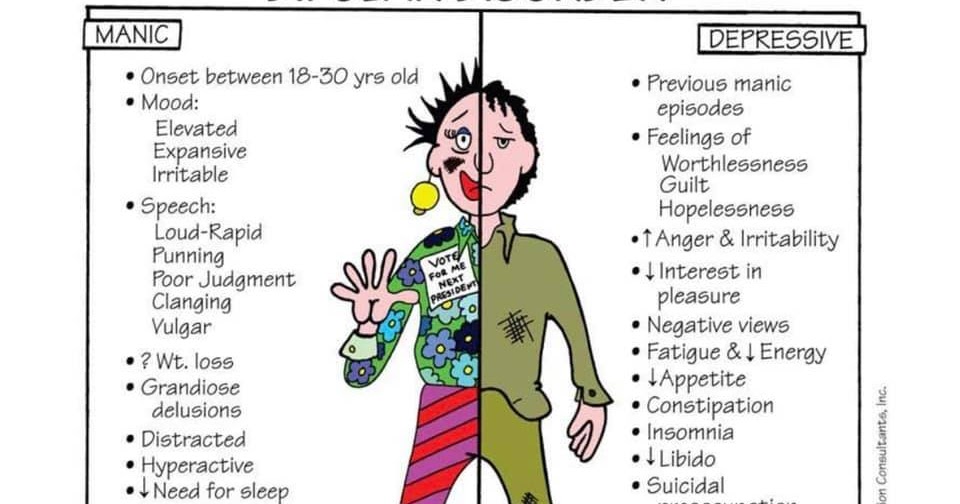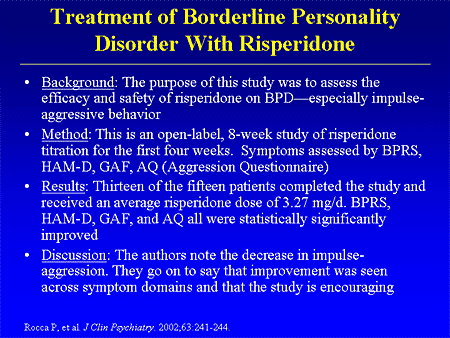Healing after a broken relationship
How to Recover From a Breakup
- by Taylor Counseling Group
- May 25, 2021
Romantic breakups are one of the most common traumatic events in life, but it doesn’t lessen how deeply painful and damaging severing a relationship can be.
Jump Ahead:
- 5 Tips For Moving On Post-Breakup
- Signs You’re Healing From a Breakup
Growing in love and intimacy means opening up to another person — their wants, needs, goals and dreams. This closeness can’t help but influence you as you move together in the same direction. A breakup means undoing this connection and ending this familiar way of life. Plans change, and the future looks dim.
While breakups are tough and potentially painful, there are healthy ways to recover, cope and move on. Here are some tips to help you move on post-break-up and signs that you are on your way to recovering.
5 Tips for Moving on Past a Breakup
Romantic relationships bring out intense feelings that often overcome logic or explanation. When this connection ends, even on good terms, an emotional reckoning takes place. Breakups are often compared to a physical wound, given how severe the emotional pain is afterward.
As you recover from a breakup, don’t try to hurry things along. Instead, give yourself time to reset, recharge and refocus on your future. While everyone grieves and processes heartache differently, the following five steps may be helpful as you recover in a healthy way:
- Take time off: Don’t feel like you have to hold back your emotions, especially right after the breakup. Instead, take some time off and give yourself privacy to cry, sob, yell or scream.
- Talk it out: Talking about the breakup can facilitate healing as it helps you gain perspective and develop a sense of clarity about what’s happened.
- Reclaim yourself: Take time to remember who you are outside of a relationship. Think about the parts of yourself you may have ignored and nurture them.
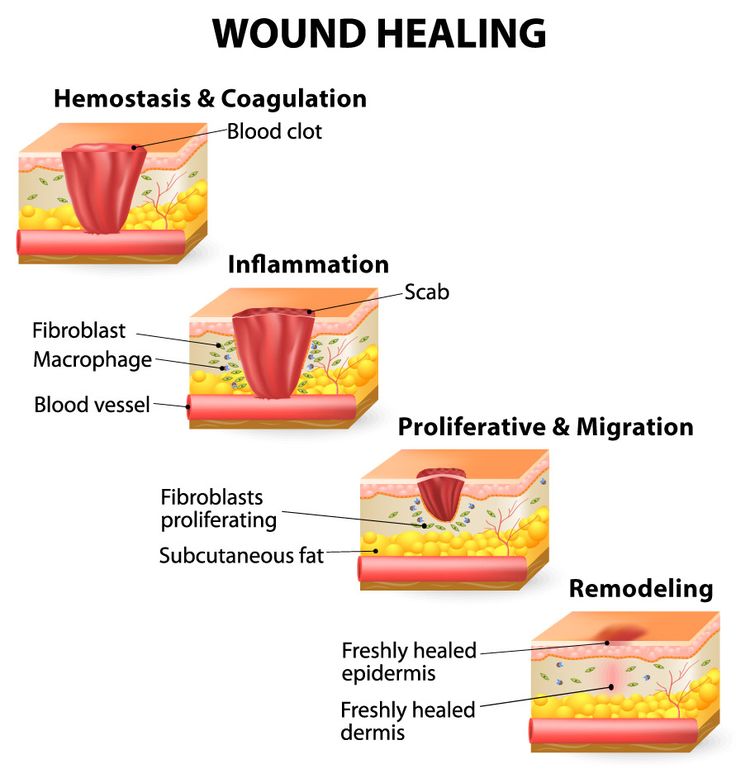 This could include hobbies, activities, friendships and future dreams.
This could include hobbies, activities, friendships and future dreams. - Indulge in yourself: Allow yourself to participate in self-care rituals that may blur the line as splurges, like shopping, spa days, a new haircut or nibbling on sweets — anything that boosts your sense of self-worth.
- Go out with friends: Invest in deep, soul-filling friendships. Whether it’s lunch dates, traveling or just sitting together and chatting, these relationships are unconditional, reciprocal and can nourish your hurting heart.
Book Online Our Therapists
Signs You’re Healing From a Breakup
You may be wondering how long it will take to get over the heartbreak and heal. The answer is unique for each person, but these are some of the signs that you are healing from heartbreak in a healthy way:
- The emotional ups and downs feel less intense.
- You have insight into why the breakup occurred.
- You find yourself looking toward the future instead of the past.
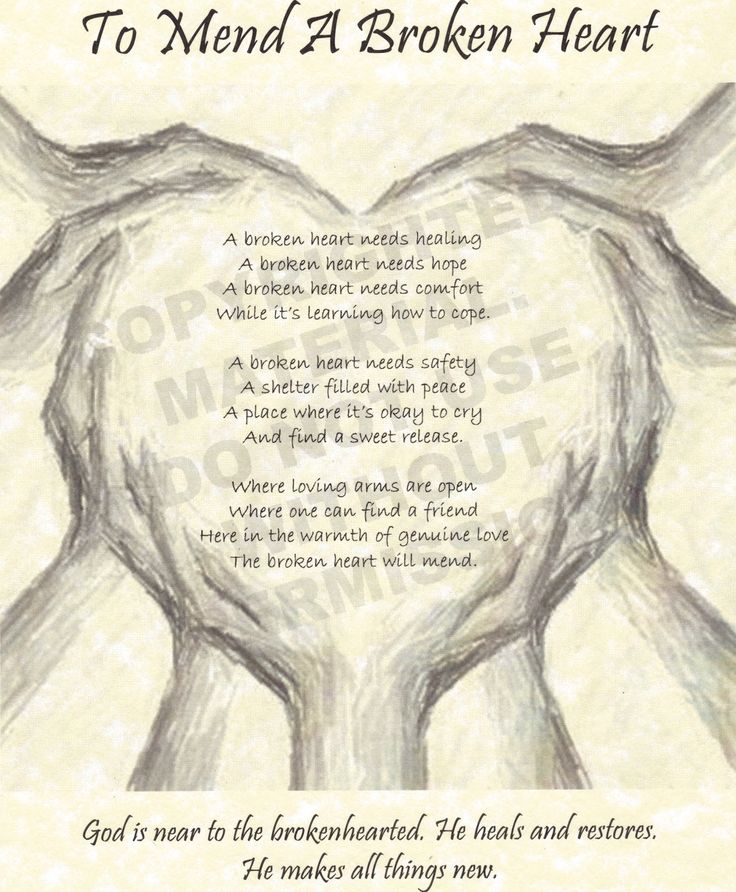
- You can embrace the good along with the bad of your old relationship.
- You’ve gained a greater understanding of yourself.
Find Compassionate Care at Taylor Counseling Group
While family and friends can help you through a breakup, they may have their limits. Care from a compassionate professional counselor provides a more neutral, long-lasting perspective. If you’re struggling to recover from a breakup, Taylor Counseling Group is here for you. We can help you gain insight and find healing after a broken relationship so that you can move on and discover renewed happiness.
We invite you to schedule your appointment online today to learn more.
Related Articles & Resources
- Individual Counseling
- Divorce Recovery
- Why Do I Attract Toxic People?
- Develop Healthy & Positive Self-Talk
Recovering from a Breakup: Proven Ways to Heal (From Science)
by Karen Young
656,208
VIEWSEven if your heart tries to pull its broken self together to tell you it’s for the best, and your head – foggy and sad – tells you the pain will pass, the agony of a breakup can be relentless.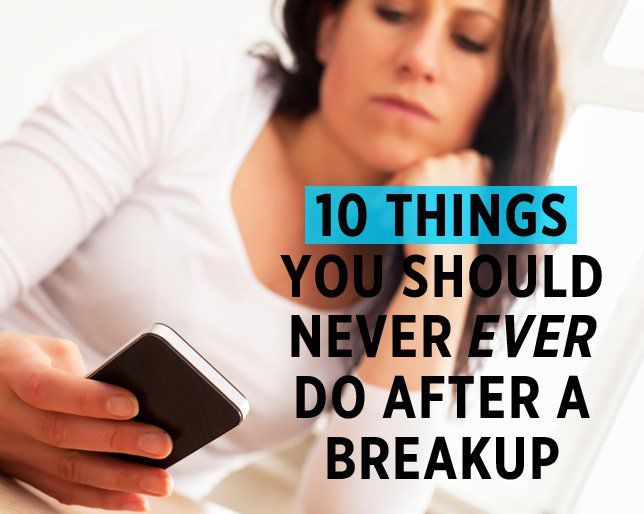 When you’re recovering from a breakup, it’s important not to hurry things along – it’s your time to reset, recharge and draw wisdom from the experience – but what if your healing could be strong and complete … and quicker? Science may have just found the way.
When you’re recovering from a breakup, it’s important not to hurry things along – it’s your time to reset, recharge and draw wisdom from the experience – but what if your healing could be strong and complete … and quicker? Science may have just found the way.
New research has found that broken-hearted ones who reflected more on their relationships over a nine week period had a stronger overall recovery from their breakup.
An important part of the healing is a process called ‘self-concept reorganisation’, which involves rebuilding and strengthening the sense of who you are, independent of the relationship.
[bctt tweet=”What if your healing from a breakup could be stronger and quicker? Science may have found the secret … http://wp.me/p5hkQx-lk”]
Relationships have a profound impact on the beliefs we have about ourselves, whether we realise it or not. During the course of a relationship, it’s very normal to ‘intertwine’ with a partner. Goals and directions change, as well as wants and needs for now and the future.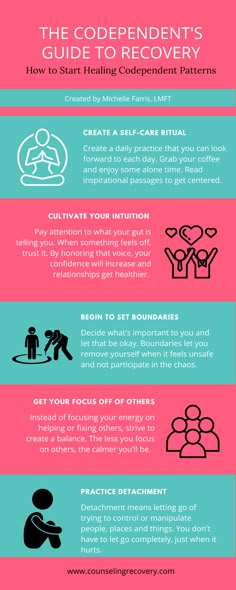
This isn’t because you lose yourself, though certainly that can happen, but because intimacy involves opening up to another person – opening up to their love, wants, needs, feelings, opinions, love, goals, dreams. When that happens, you can’t help but be influenced and eventually move in the same direction. Sometimes that involves adjusting your own sails. It’s all a healthy part of being with someone fully, and part of the unpredictable magic of relationships.
A breakup means the undoing of this merging, which is painful to go through. However strong and independent a person may be, the fracturing of a relationship can also mean the fracturing of the self-concept. One of the most painful parts of a breakup is that it up-ends things as you’ve come to know them. The familiar is gone, plans are changed and the future all of a sudden has too many blank spaces where happy things used to be.
[irp posts=”1144″ name=”Dear Broken Hearted One … When You’re In The Thick of a Break-Up. ”]
”]
Part of the healing is re-establishing who you are without your partner. Anything that can repair and re-strengthen the self-concept, will accelerate healing.
So, to get you back to strong, based on science …
-
Talk. Go on. Go for it.
There are a couple of ways that talking about a breakup might help to facilitate healing. The first is that talking about the relationship will help to bring a different perspective to things. It’s not called a ‘breakup’ because it’s working well. Being in love or being in like-a-lot can blur things, hide things and dress things up, sometimes at the cost of clarity. There will be a level of insight that will throw itself at your feet when you talk about the relationship from a more distant perspective.
-
Find your story.
Talking helps to construct a story of the relationship that gives meaning to the experience – including the experience of the relationship, the breakup, and perhaps most importantly for healing, the recovery.
 Let me explain …
Let me explain …If you tell the story of your breakup as one of rejection and a lost happy ever after, recovery will be slow, kind of like ‘walking through quicksand’ type of slow. It’s really easy to get stuck in this narrative when the thoughts are locked in your head and want to be with you at 2am. On the other hand, talking to people in your tribe will help you find a way to understand your story from a position of strength. This might involve finding the lessons, the learning and reframing the experience as, say, an ending, rather than a rejection.
-
An emotional release – journalling.
Having an emotional release is an important part of healing. Journalling is one way to do this as it allows you to capture and give definition to the thoughts and feelings that are swirling around inside. Journalling doesn’t have to be done every day to have an effect. Even a few times a week will help the healing.
-
Write – as though you’re talking to a stranger.

Writing repeatedly about the process of the breakup as though speaking with a stranger about it, is another way to move towards healing. As well as being an emotional release, it also encourages a fresh perspective and new insights.
[irp posts=”150″ name=”Your Body During a Breakup: The Science of a Broken Heart”]
-
Reclaim yourself – what’s been neglected?
Reclaiming a strong self-concept – establishing who you are outside of the relationship – is critical and will be enormously supportive of a recovery. Think about the parts of yourself that might have been pushed aside during the relationship. When you’ve found these, find ways to build them and nurture them.
-
And expand them.
Find new ways to expand your self concept. When you feel ready, (or maybe a little before then) take up new interests, establish new goals or re-establish your direction. Given that your need to connect has been messed with, anything that will give you the opportunity to connect with others who will also see you as your own, unique person will really help the healing process.

A breakup is an ending, not a rejection. It might not feel like that initially, but it’s an important thing to remember. When your heart has been broken, it can take a while to find your way back to whole but you will get there. Healing from a broken heart is as much a physical process as it is an emotional one. It’s very similar to recovering from an addiction, which is why it feels so hard and so damn painful.
Above all else, remember that there were things about you that were beautiful, strong, vibrant and extraordinary before the relationship. Nothing has changed.
How to painlessly survive the breakup of a relationship: TOP-5 tips
The end of a relationship is a time of melodramas, tears, irritation from couples in the movies and sad love songs. Despite the experiences, this is a great opportunity for dramatic changes, important conclusions and time for yourself. We have collected the most important tips, after which you will forget about suffering.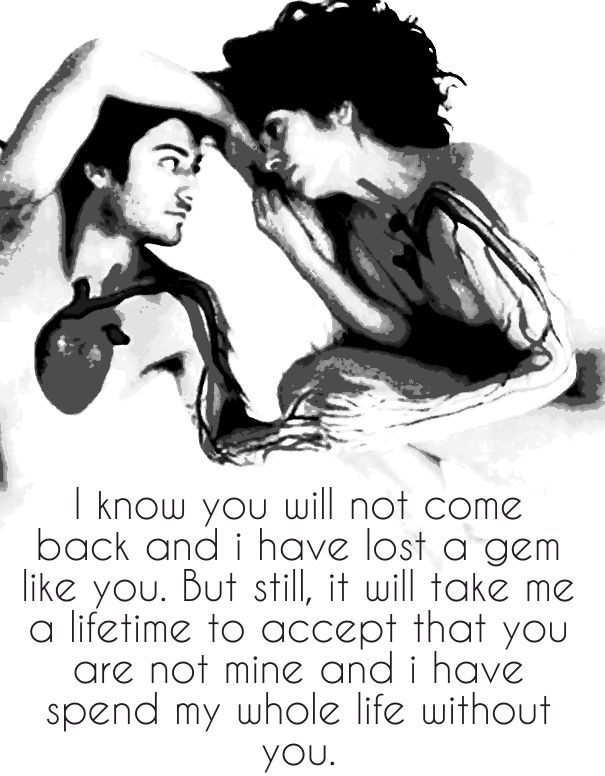
Source: giphy.com
Breakups are often accompanied by depression and fear of a new relationship. Depending on the level of emotionality, everyone experiences this process differently. Psychologists say that feelings after a breakup are no less painful than from other tragic life situations. At this time, a person experiences several stages: shock, denial, anger, insight and a moment of complete freedom. nine0003
#1 Shock
First stage. At this stage, you will feel a sharp pain, then indifference, and the world around you will become gray and alien. This phase is the most difficult and the most tragic.
What to do?
It is important not to keep emotions inside: cry, call your friends, see a psychologist. Let yourself get hurt. Just do not go to extremes, because it can drag on and lead to depression! After some period of stress, you will feel emotional relief. This is the first step towards healing. nine0003
Photo: Elijah O'Donnell, Pexels
#2 Denial
After you've had enough of crying, the next stage begins.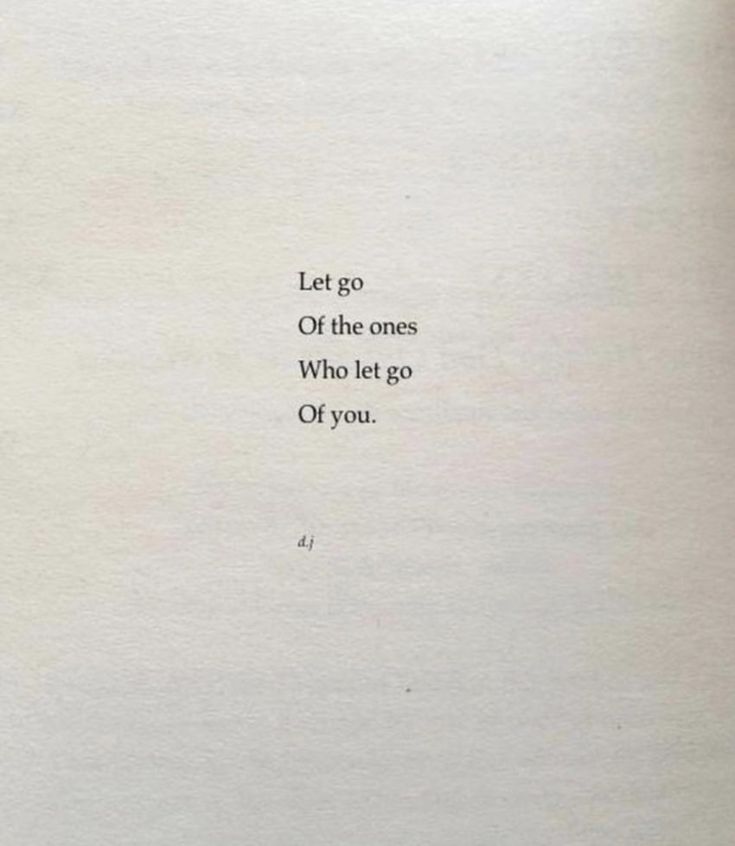 The brain blocks negative emotions and experiences, so there is a denial that this is the final end. You hope for the return of your partner and forget about all the bad things that happened between you. At this moment, you can break firewood, or you can take one step closer to harmony.
The brain blocks negative emotions and experiences, so there is a denial that this is the final end. You hope for the return of your partner and forget about all the bad things that happened between you. At this moment, you can break firewood, or you can take one step closer to harmony.
What to do?
Forget about all the illusions and about how good you were together. All memories and thoughts are the work of your nervous system. Ask yourself: if everything was perfect, why did we break up? Remember all the shortcomings of a partner, find the advantages of breaking up a relationship. You can write them out. It will be difficult, but necessary to take a sober look at the situation. nine0003
Photo: Trent Szmolnik, Pexels
#3 Aggression
Then comes anger. After fully realizing the end of the relationship, you will feel aggression towards the former or towards yourself, because there is only one step from love to hate. If you broke up on a good note, guilt may appear instead of anger.
What to do?
In this period, thoughts are your biggest enemy. First of all, you need to take up a new business or remember your hobby. In relationships, we often don't have enough time for ourselves and our preferences. Go dancing, go to the gym, attend a master class. Do what you have been putting off for so long, because the moment has come. nine0003
Photo: Oswaldo Ibanez, Unsplash
#4 Acceptance
Your morale is finally starting to get back to normal. You notice more and more beautiful things around, and clear thoughts in your head. But from time to time, the brain will remind you of moments when everything was good in a relationship - and you will be sad.
What to do?
At this stage, it is important to put the final point. If your relationship ended unexpectedly, and you have a feeling that something was not said - be done with it. Talk to a former partner or write a letter. Share all your feelings and thoughts. Imagine it's a live conversation.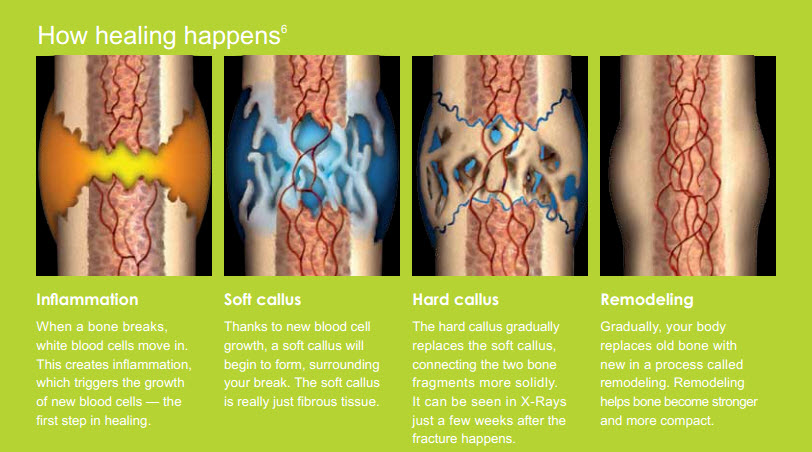 On the other hand, write the answer you would like to hear. Then burn or tear the letter - you will immediately feel light. Psychologists advise to carry out such a ceremony if you need to let a person go. nine0003
On the other hand, write the answer you would like to hear. Then burn or tear the letter - you will immediately feel light. Psychologists advise to carry out such a ceremony if you need to let a person go. nine0003
Photo: Alvaro Serrano, Unsplash
#5 Harmony
The moment of complete freedom has come! The most anticipated stage in the end of a relationship. The last threads that connected you with your partner have been broken, and finally you will be able to close the door in your heart for the previous relationship. All the worst is over, you are confident and happy again.
Last step
This is the best time to draw correct conclusions. Analyze all the problems in the former relationship so that it does not happen again, because every situation is given to us in order to become better. Set new goals and confidently go to them, do not be afraid to change your image, habits and life. Most importantly, do not forget to love yourself, because your partner is a reflection of yourself.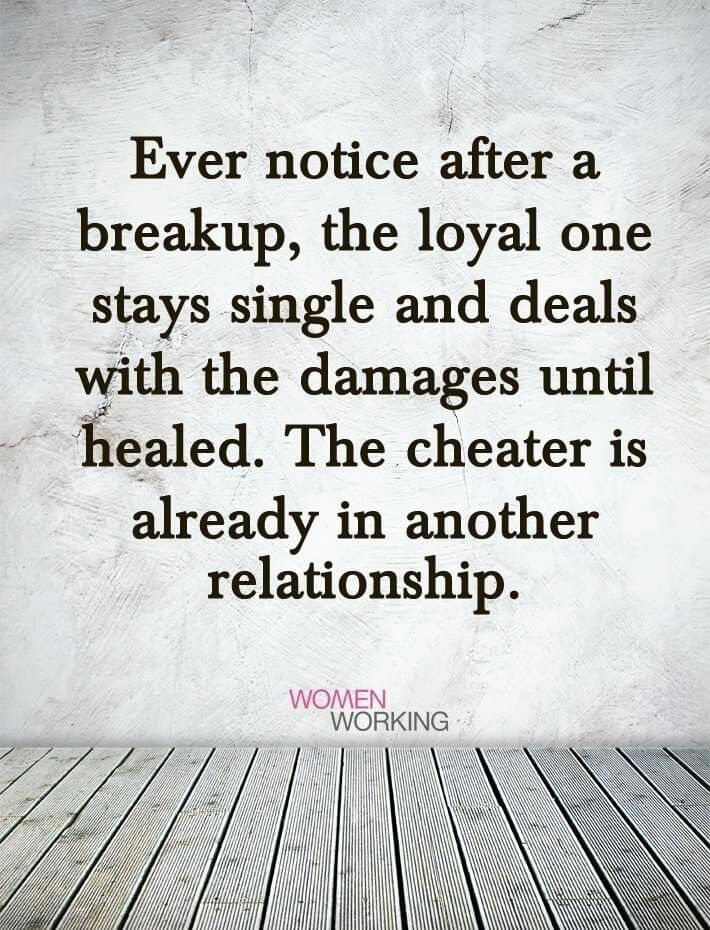 nine0003
nine0003
Photo: Gian Cescon, Unsplash
SEE ALSO: Why we gain weight in marriage ties cause a person pain of varying degrees of tolerance. Today it is impossible to experience the loss of a loved one and not feel a sense of bitterness and depression. Let's figure out how the human brain behaves at the time of parting and find out how to deal with emotions. nine0003
Influence of love on brain cells
To find out some facts about the work of the brain during the period of separation, it is necessary to recall those processes at the physiological level that occur during falling in love in people and animals. Scientists do not know why people and our smaller brothers choose only 1 partner. However, it is a person who knows perfectly well what is happening in his body.
- Passion. At the physiological level, attraction is stimulated by hormones, the main one being testosterone. nine0083 Love. Dopamine, in turn, motivates a person to pursue a partner.
- Attachment. If feelings are reciprocated, cortisol decreases in lovers and the “feel good hormone” serotonin rises. A person associates a love union with a state of security, peace and cohesion. Scientists associate these sensations with the hormone oxytocin, which is produced during touching and sexual intimacy. nine0084
- Why complicate things so much. Perhaps nature created such an intricate biochemical process precisely in order to motivate people to form couples for the birth and rearing of children.
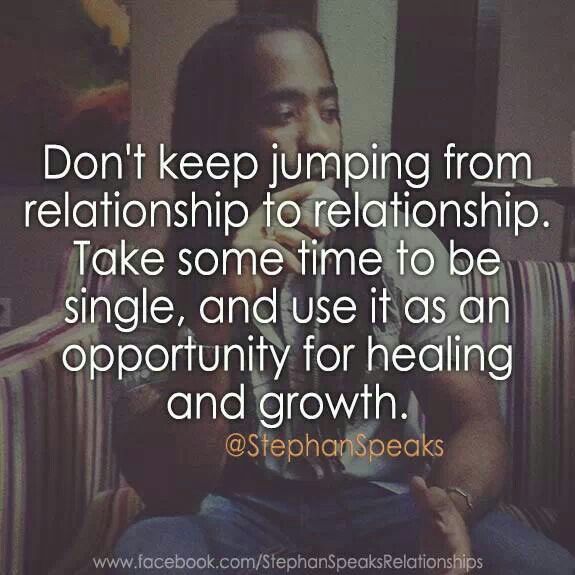 Cortisol introduces the body into a stressful state and contributes to the emergence of additional energy of passion. Adrenaline actively produces the hormone adrenaline. As a result, a person has increased sweating, a rapid heartbeat and a joyful mood.
Cortisol introduces the body into a stressful state and contributes to the emergence of additional energy of passion. Adrenaline actively produces the hormone adrenaline. As a result, a person has increased sweating, a rapid heartbeat and a joyful mood. How the human body behaves during separation
When people part, their body experiences a serious shock. For some time, the dopamine hormone is at the same high level. For the first time after separation, a person develops inexplicable anxiety and dissatisfaction, then depression and apathy set in.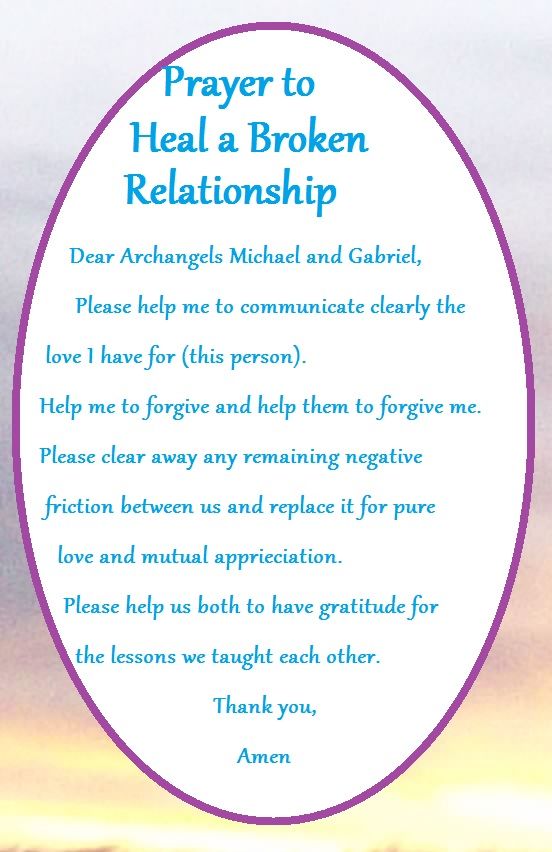 Many at this time begin to abuse alcoholic beverages and psychoactive substances, randomly have sex (all these attempts to improve well-being lead to an aggravation of the situation). nine0003
Many at this time begin to abuse alcoholic beverages and psychoactive substances, randomly have sex (all these attempts to improve well-being lead to an aggravation of the situation). nine0003
- Alarm. In lovers, the part of the brain responsible for experiencing strong emotions, especially negative ones, is less active. Studies have shown that when girls are close to their beloved husbands, they are more resilient to stress.
- True pain. Relationship breakdown provokes the same reaction in the brain as pain on the physical level.
- Pain in the heart. Very often, as a result of parting in men and women, there are malfunctions in the functioning of the heart muscle under the influence of a strong emotional shock. nine0084
- Anxious thoughts. The human brain, oddly enough, always focuses on danger. If any situation causes stress and pain, then it is already seen as a threat.
How to evaluate the behavior of the body during parting?
Depression, sadness and anxiety after a breakup are normal and natural feelings that everyone experiences.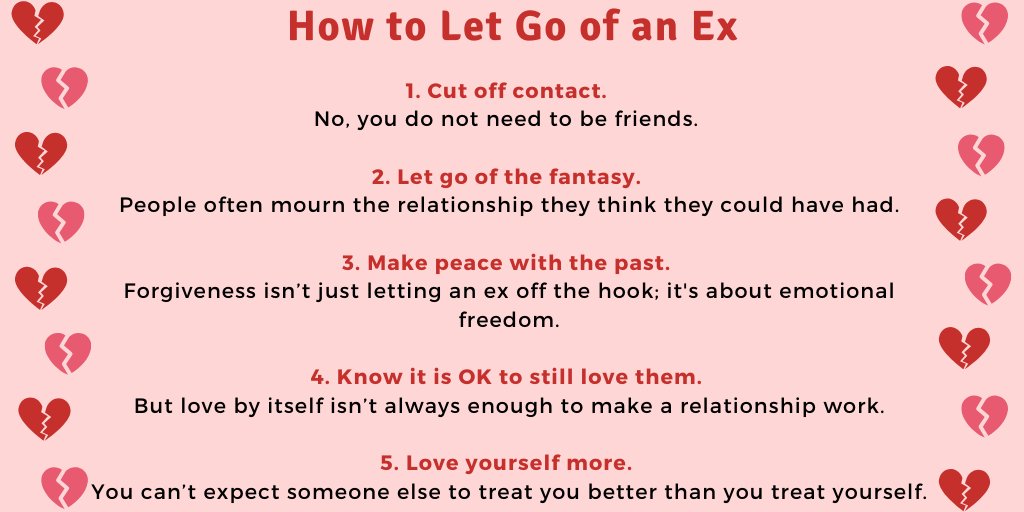 If we compare love with a chemical process, then it is more like drug intoxication. Parting in this case is a painful condition that occurs in the absence of a dose of a biosubstance, due to which the dopamine hormone increases. The human brain can deal with both addiction and breakups. He only needs time. nine0003
If we compare love with a chemical process, then it is more like drug intoxication. Parting in this case is a painful condition that occurs in the absence of a dose of a biosubstance, due to which the dopamine hormone increases. The human brain can deal with both addiction and breakups. He only needs time. nine0003
Do not undermine an already unbalanced nervous system with alcoholic and narcotic substances. Come to the aid of dopamine. It is best produced as a result of movement, gaining new knowledge and achieving goals. This is why many people achieve extraordinary success in sports and education after a breakup.
Psychological deception
The mixture of hormones that rages in us during separation and after, affects not only our physical condition. It controls the emotional state, affects our feelings and experiences. And it's impossible to avoid it. nine0003
On the other hand, you can try to take a negative attitude towards these emotions and give them a completely different color.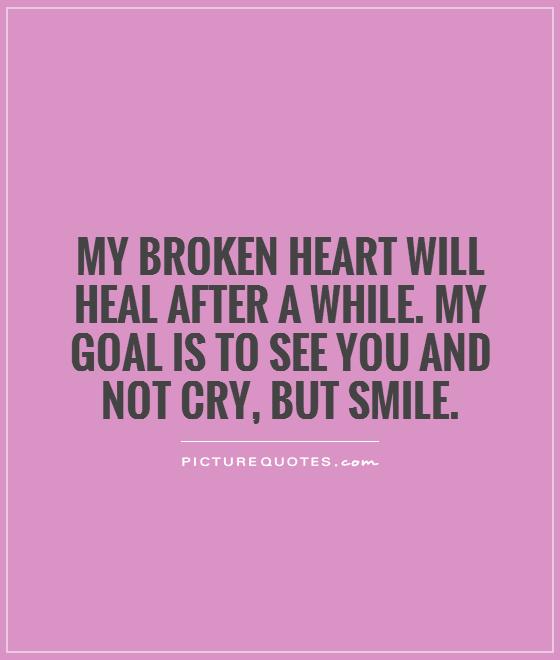
Loss of one's identity
In most cases, psychological deception after a breakup is connected with the fact that, being in a relationship, we include a partner in our identity, adopting his views on life and behavior. The destruction of individual elements leads to a violation of a single image of the “I” and to the inability to control one's life. Most often, we yearn not for a former partner, but for the picture of our "I", which he allowed us to build. nine0003
Loss of adequacy in evaluating oneself and one's own abilities
Separation is often accompanied by a decrease in self-esteem. This is especially true for those left behind. It seems to a person that something is wrong with him and that is why his partner left him. Thinking like that only exacerbates the problem.
Try to look at the world more realistically - almost everyone in the process of life has been or will be in a situation of parting at least once. And this does not mean that all people are somehow different. nine0003
nine0003
As a result of problems with self-esteem, a person, as a rule, begins to either devalue a former partner or idealize his past life. Both paths lead to emotional instability.
Keeping a diary
Psychologists advise keeping a diary during any period of emotional upheaval. Any thoughts and feelings can be expressed in it, thus the mind calms down. At the same time, you should try to clearly articulate why the previous relationship was broken: you had different values and desires, you felt pressure from your partner. When writing down your feelings in relation to the current situation, you need to try to comprehend this life stage and gain experience. nine0003
According to previous research, people who understand and accept the reasons for a breakup recover faster and feel more comfortable in their next relationship.
The social picture of the breakup
Every time you tell your friends about the reason for the breakup with your partner, you may feel embarrassed and even ashamed of it.
